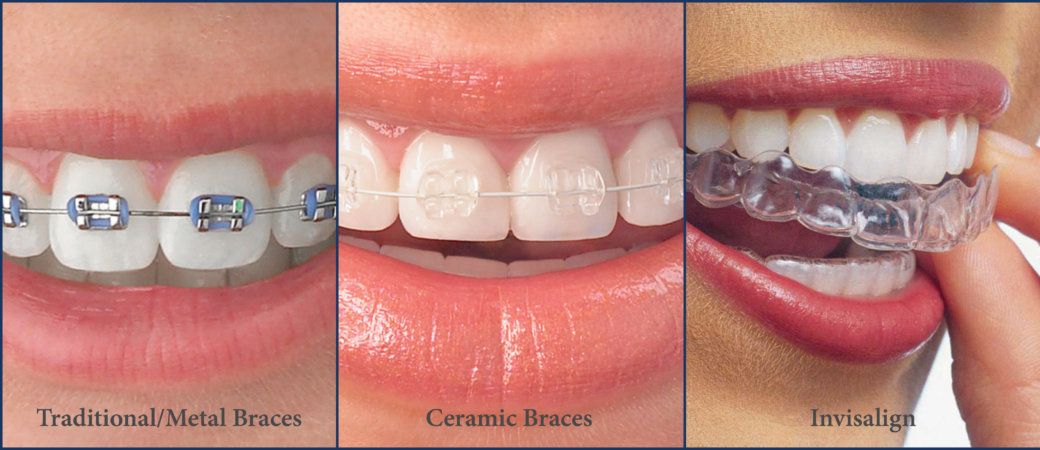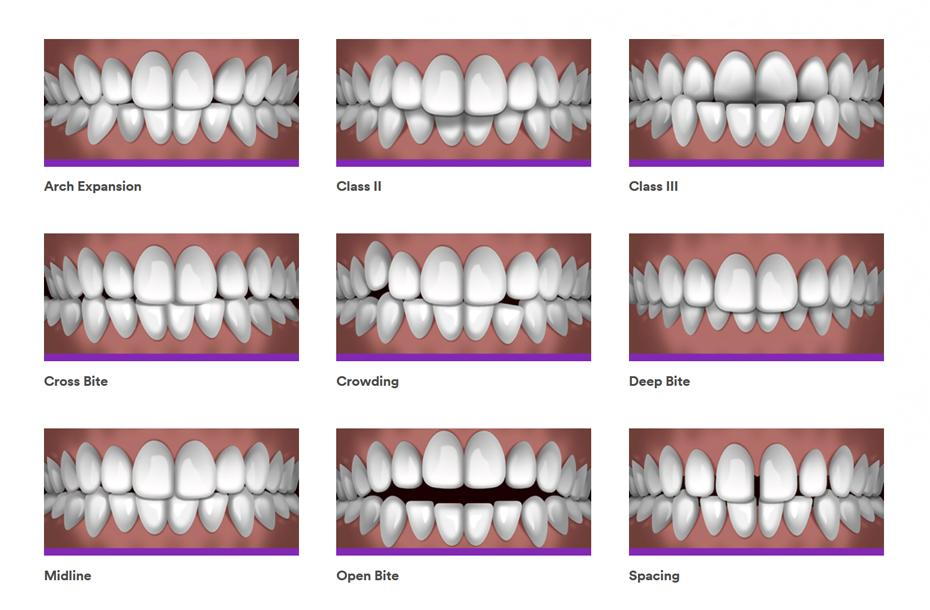Not known Facts About Causey Orthodontics
Not known Facts About Causey Orthodontics
Blog Article
Causey Orthodontics - The Facts
Table of ContentsThe Greatest Guide To Causey OrthodonticsA Biased View of Causey OrthodonticsFacts About Causey Orthodontics UncoveredGet This Report on Causey OrthodonticsGetting My Causey Orthodontics To WorkNot known Details About Causey Orthodontics What Does Causey Orthodontics Do?
What is the difference between a dental professional and an orthodontist? To address an inquiry that is usually asked, both dental experts and orthodontists assist patients get better dental health and wellness, albeit in different methods. It helps to bear in mind that dental care is an instead broad science with different clinical specializations. All dental professionals, including orthodontists, deal with the teeth, gums, jaw and nerves.
You can assume of both physicians who deal with gum tissue and teeth issues. The major distinction is that coming to be an orthodontist needs a particular specialty in treating the imbalance of the teeth and jaw.
10 Easy Facts About Causey Orthodontics Described
An orthodontist is a dental expert that has actually gone through training to specialize in the diagnosis, prevention and treatment of abnormalities in the jaw and teeth. They can additionally determine potential issues in teeth positioning that may develop when problems are left untreated (Causey Orthodontics).
This consists of all the necessary education and learning to end up being a general dental practitioner. According to the American Student Dental Association (ASDA), it indicates you will require to have either a Medical professional of Medicine in Dental Care (DMD) or a Doctor of Dental Surgical Treatment (DDS). To put it simply, orthodontists need to finish dental college and after that acquire an orthodontics specialized education and learning.
Some orthodontists also obtain their masters in craniofacial biology. orthodontist services (https://republic.com/@causey-orthodontics-1). Several oral schools provide limited orthopedic training and instruction, which is why basic dentists need to go to orthodontic school after graduation. Orthodontic residency programs provide extensive training for this kind of oral specialization. These programs concentrate on 2 certain locations or techniques: Dentofacial Orthopedics: This study concentrates on leading teeth and jaw advancement.
Our Causey Orthodontics Diaries

 The total goal of an orthodontist is to improve an individual's bite. Not every person is birthed with straight teeth, and an orthodontist will guarantee that people get evenly spaced straight teeth.
The total goal of an orthodontist is to improve an individual's bite. Not every person is birthed with straight teeth, and an orthodontist will guarantee that people get evenly spaced straight teeth.
9 Easy Facts About Causey Orthodontics Explained
The American Organization of Orthodontists advises your initial check up by age 7. You'll require to see your orthodontist if you have a misalignment in your teeth, also referred to as malocclusion. If you observe uneven bite patterns, a somewhat twisted jaw, or when your teeth are chock-full, you will likely require orthodontic therapy.
In enhancement, we use flexible therapy routines, flexible payment choices and a fun, satisfying experience.
An orthodontist is a dental professional trained to detect, avoid, and deal with teeth and jaw irregularities. Orthodontists function with individuals of all ages, from youngsters to adults (https://www.twitch.tv/causeyortho7/about).
Some Ideas on Causey Orthodontics You Should Know
Malocclusion, or misaligned teeth, can bring about dental problems, including dental caries, gum illness, and difficult or painful chewing. Not everyone is born with straight teeth. If you have a poor bite or huge areas in between your teeth, you might intend to speak with a dental professional focusing on orthodontic treatment.
(Photo Credit History: DigitalVision/Getty Images) Orthodontists make use of fixed and removable oral gadgets, like dental braces, retainers, and bands, to alter the setting of teeth in your mouth. Orthodontic treatment is for dental irregularities, including: Misaligned teethBite troubles, like an overbite or an underbiteCrowded teeth or teeth that are too much apartJaw misalignmentThe goal of orthodontic treatment is to improve your bite.
Fascination About Causey Orthodontics

All orthodontists are dental professionals, however not all dentists are orthodontists. Orthodontic residency programs use extensive, concentrated guideline for oral professionals. They concentrate on 2 locations: Exactly how to effectively and safely relocate teeth How to properly lead development in the teeth, jaw, and faceOnce an orthodontist has actually finished training, they have the alternative to become board certified.
Malocclusion leads to tooth congestion, a twisted jaw, or irregular bite patterns. Malocclusion is generally treated with: Your orthodontist attaches metal, ceramic, or plastic square bonds to your teeth.
Some Known Factual Statements About Causey Orthodontics
If you have only small malocclusion, you may have the ability to use clear braces, called aligners, as opposed to traditional braces. Some individuals require a headgear to assist relocate teeth into line with stress from outside the mouth. After dental braces or aligners, you'll need to use a retainer. A retainer is a custom gadget that keeps your teeth in area.
Report this page